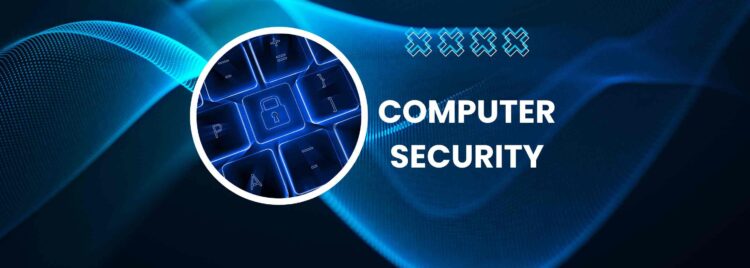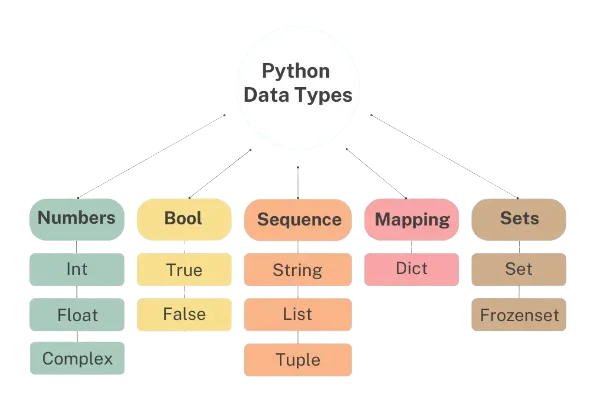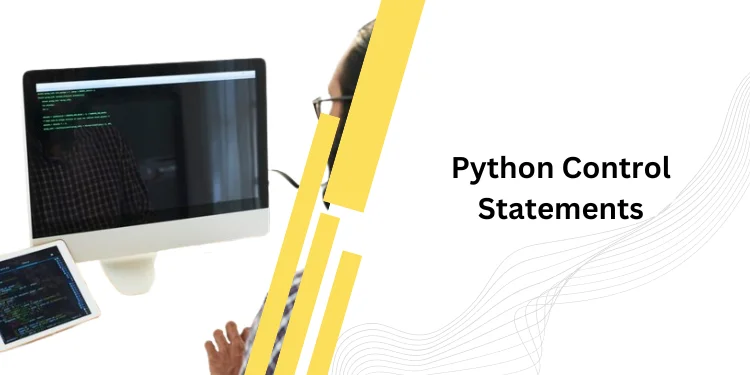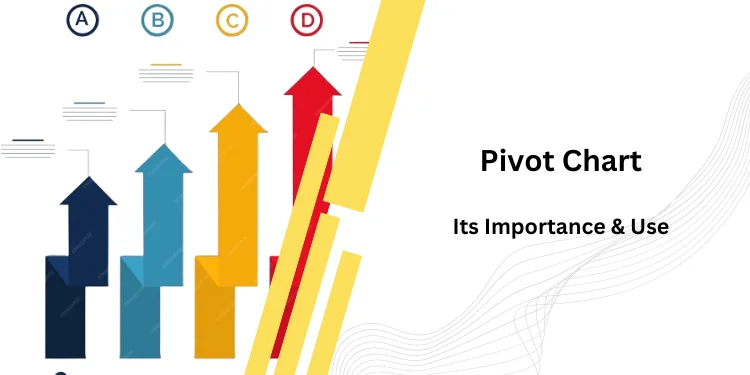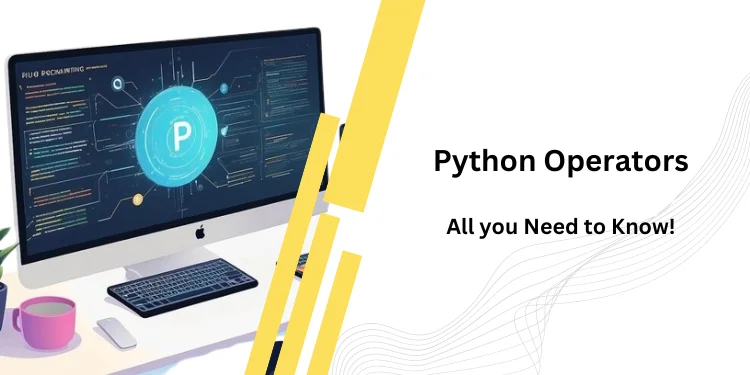Table of Contents
ToggleOverview
Computer security protects and protects computers and their associated data, networks, software, and hardware from unauthorized access, misuse, theft, data loss, and other security issues. Still, it has also put our system’s security at risk of being infected by a virus, hacked, information theft, system damage, and other threats.
Every day, technology advances and the entire world is within its grasp. We can’t imagine a day without electronic devices in our lives. Invaders, hackers, and thieves are attempting to compromise our computer security for monetary gain, recognition, ransom demands, bullying others, invading other businesses, and other reasons.
Types of Computer Security
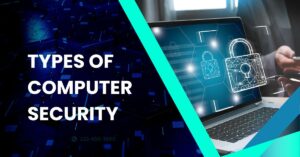
Cyber Security
Cyber security protects our computers, electronic devices, networks, programs, and systems against cyber attacks. Cyber attacks occur when our system is linked to the Internet.
Information Security
Information security safeguards our system’s data against theft, unauthorized use, and piracy. The three main goals of information security are confidentiality, integrity, and availability of information.
Have a look at: data analyst course in bangalore
Application Security
Application security refers to the security of our applications and data so that they are not hacked and that the applications’ databases remain safe and private to the owner so that user data remains confidential.
Network Security
Network security refers to the security of a network and the protection of the user’s information about who is connected to that network. Hackers steal data packets over the network by using sniffing and spoofing attacks, man-in-middle attacks, wardriving, and other methods, and then use the data to their advantage.
Also visit: masters in data science india
Steps to secure Computer Security

To protect our system from the aforementioned attacks, users should take the following precautions:
1. Keep your operating system up to date at all times– Keeping it up to date reduces the likelihood of them being attacked by malware, viruses, and other threats.
2. Always connect to a secure network– A secure network should always be used. Public wi-fi and unsecured networks should be avoided because they are vulnerable to attack.
3. Always install and keep your antivirus software up to date– An antivirus program scans your computer for viruses and isolates infected files from other system files, so they are unaffected. Also, we should try to use paid antivirus software because they are more effective.
4. Turn on the firewall– A firewall is a method that prevents unauthorized access to and from a computer or even a private network of computers. A firewall can be hardware, software, or a combination of the two.
5. Use strong passwords– Always create strong and unique passwords for all social media accounts so they cannot be key-logged, brute-forced, or easily detected using dictionary attacks. A strong password consists of 16 characters, including upper and lower-case alphabets, numbers, and special characters. Also, keep changing your passwords regularly.
Related topic: 10 Amazing Cyber Tools To Look Out For
6. Don’t put too much faith in anyone– You never know what someone’s intentions are, so don’t put your trust in them and end up giving them your personal information.
7. Maintain the secrecy of your personal information– Don’t share too much personal information on social media. You never know who is watching you. We try not to talk to strangers or share anything with them, just like in real life. Similarly, social media has people you don’t know, and you may get in trouble if you share all your information.
8. Only download attachments that come with emails if you are sure the email is from a legitimate source– Most of these attachments contain malware that, when executed, infects or harms your system.
Have a look at Why is Cyber Security Important Today
9. Only buy something online from people– Make sure you shop on a well-known website whenever you go online.
10. Study computer security and ethics– You should be well-versed in safe computing and computing ethics. Gaining relevant knowledge is always beneficial in reducing cybercrime.
11. If you are attacked– notify the cyber cell immediately so that they can take appropriate action and protect others from being attacked by the same person. Don’t be afraid to complain if you believe others will ruin your fun.
12. Avoid using pirated content– People frequently attempt to download pirated movies, videos, or web series to obtain them for free. These pirated files are highly likely to contain viruses, worms, or malware; downloading them puts your system security at risk.
Conclusion
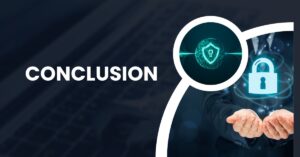
Computer security, also known as cybersecurity, safeguards computer systems and information against harm, theft, and unauthorized access. Computer hardware is typically safeguarded using the same methods as other valuable or sensitive equipment, such as alarms, doors, locks, and serial numbers. On the other hand, different, more intricate strategies are used to protect information and system access.
Frequently Asked Questions
What are computer security examples?
Asking what is being guarded might help you determine the similarities and differences between various forms of computer security. For instance,
Securing information from unauthorized access, modification, and destruction is known as information security in computer security.
Application security is the process of protecting an application from cyber threats like SQL injection, DoS attacks, data breaches, and others by incorporating security measures.
Computer security protects a stand-alone computer by keeping it patched and updated.
By protecting both software and hardware technologies, network security is achieved.
Protecting computer systems that communicate through computer networks is what is meant by “cybersecurity.”
What is the basic security of computers?
Confidentiality, integrity, and availability are three fundamental security principles that are crucial to internet-based information. Authentication, authorization, and nonrepudiation are concepts pertaining to the users of that information.
Confidentiality is lost when someone who isn’t allowed to read or copy information does so. Confidentiality is a crucial quality for particular sorts of information. Research information, health and insurance information, new product specs, and company investment plans are a few examples. There can be a legal requirement to preserve people’s privacy in some places. In particular, debt collectors, banks and loan firms, businesses that give credit to clients or issue credit cards, medical facilities, doctors’ offices, and testing labs, as well as people or organizations that provide
What is the role of computer security?
Computer security measures are frequently overlooked until a problem manifests, at which point a breach in security can have detrimental effects and could have a significant impact. We answer some frequently asked questions concerning potential security vulnerabilities and how you can stop them from happening to you because we all want to keep our systems and information security.
Because it protects your information, computer security is crucial. It’s crucial for the overall health of your computer as well; effective malware and virus prevention makes programs run more quickly and smoothly by preventing viruses.
Using untrusted software exposes you to a variety of threats, including Trojan horses, spyware, viruses, and more.
Who is the father of computer security?
The originator of computer security is Auguste Kerckhoffs.
In February 1883, the Journal of Military Science published a paper written by HEC professor of German and linguist August Kerckhoffs that would go down in history. Without realizing it, Kerckhoff laid the groundwork for contemporary encryption, making him the acknowledged originator of all computer security. “Kerckhoffs’s principle” stated the importance of the key in developing algorithms and was first applied to telegraphs. In other words, this man is to blame for the passwords and pin codes we use today.
What is a computer security risk?
Cybersecurity risks are related to the loss of information, data, or information (or control) systems’ confidentiality, integrity, or availability and reflect the potential for negative effects on an organization’s operations (i.e., mission, functions, image, or reputation), assets, people, other organizations, and the country.
Corporate cybersecurity is the practice of safeguarding sensitive information, preventing unwanted access to information systems, and defending against cyberattacks like viruses, malware or ransomware, phishing emails, endpoint breaches, and so on.
DDoS attacks not only have the potential to bankrupt a company, but they may also harm its reputation or lead it to lose the confidence and respect of its clients and business partners.

